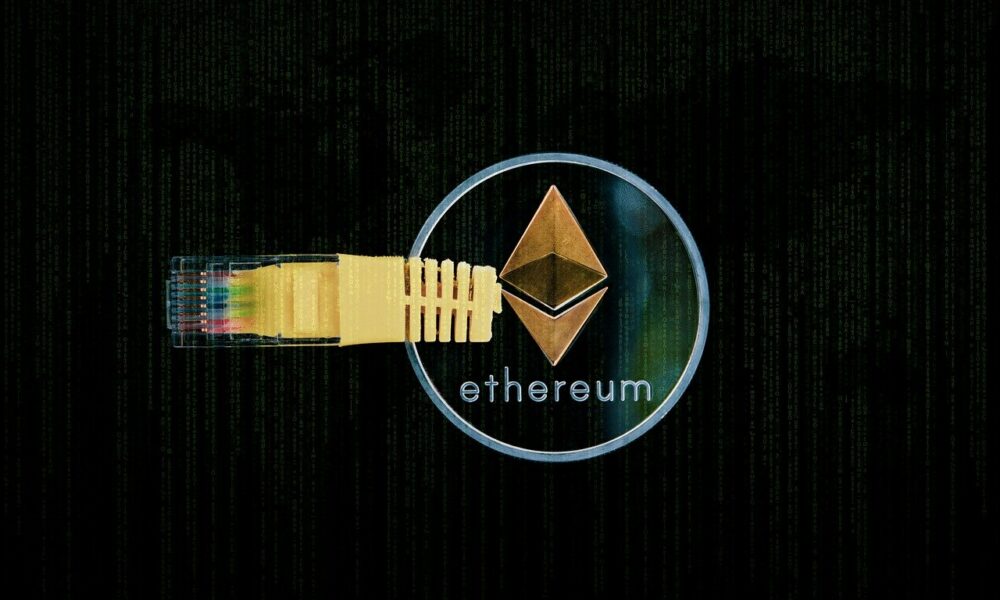
Scaling, or lack thereof, has been a serious problem with the Ethereum network. While several plans to increase the throughput of the platform are underway, Ethereum co-founder Vitalik Buterin was quick to point out its limitations.
In an answer to a Reddit thread, Buterin highlighted that decreasing the block time could lead to nodes with better network connections. All while having an unfair economic advantage over their less fortunate peers. This could result in “risks leading to Ethereum mining or staking centralizing.”
Block time is the time it takes for nodes or validators to verify transactions in a new block and then add it to the network’s blockchain.
The problem with decreasing the block time in the Proof of Work scenario is that the time is assigned randomly, said Buterin. This creates a window for blocks to be validated really close together. Thus, giving an advantage to those that have a faster network connection in propagating their own blocks.
Now this is negligible in longer block times, especially since uncle blocks are always rewarded. Uncle blocks on Ethereum are those that are mined and submitted to the ledger around the same time as a validated block.
Proof of Stake, however, is a different ball game according to the co-founder. Ethereum requires thousands of signatures, currently at around 9100, per slot for it to get included in the next one. This significantly erodes the possibility of decreasing the block time as it could mean that several signatures required for validation would not be recorded on-chain, and thus not rewarded.
Again, this would give those with better connections an edge in the validation process. Thus sacrificing the spirit of decentralization of the network.
Notably, while Buterin doesn’t expect “the per-slot time to be reduced much in the future,” a solution could be found in “single-slot finality.” He said,
“…a single slot would actually finalize a transaction instead of just confirming it heavily as is the case today. Applications that need very fast confirmations should rely on channels or rollups with sequencers providing pre-confirmation.
Furthermore, he revealed that the protocol is building a mechanism to provide “strong assurance after only a few seconds that some transaction will get included in either the next or another near-future block.”
This is not the first instance in which the Ethereum maestro has highlighted the limitations that even blockchain technology can pose.
In the past, Buterin had noted that “there are important and quite subtle technical factors that limit blockchain scaling.” Especially if node equality and decentralization are to be maintained.


















